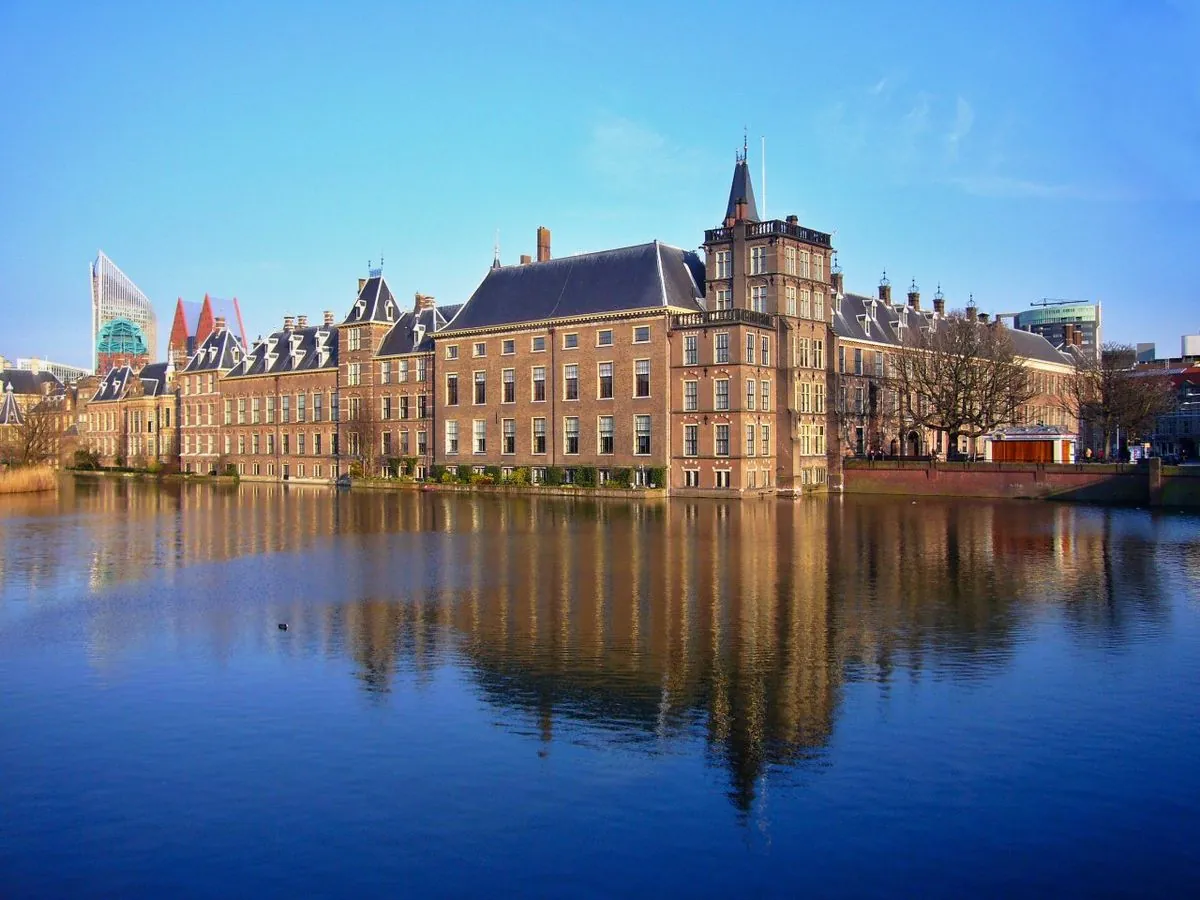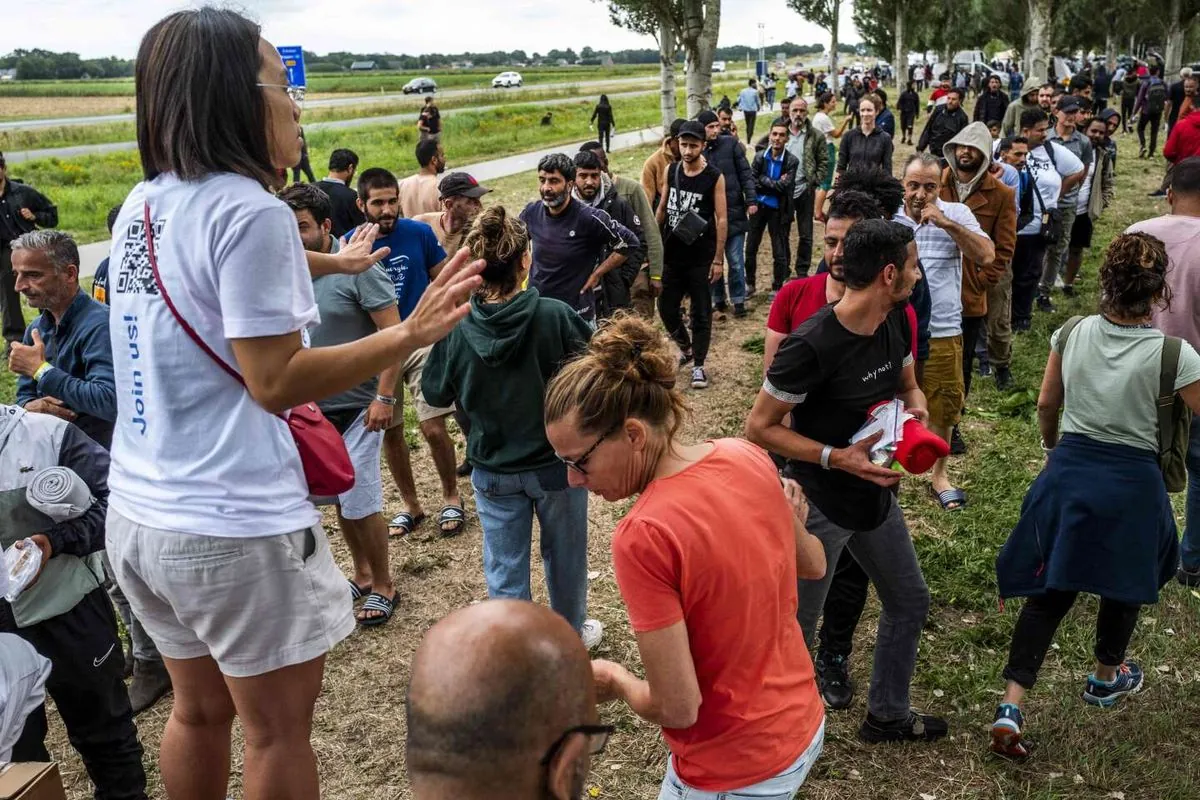Dutch Government Unveils Strict Migration Measures Amid 'Asylum Crisis'
The Netherlands plans to declare an 'asylum crisis', enabling stringent migration controls. Measures include halting new applications and seeking EU rule exemptions, following Geert Wilders' election victory.

In a significant policy shift, the Dutch government has announced plans to implement stringent measures to curb migration. This decision comes in the wake of Geert Wilders' nationalist Party for Freedom (PVV) securing an electoral victory last year.
The government intends to declare a national 'asylum crisis', a move that would allow for the implementation of migration-limiting measures without parliamentary approval. This declaration has sparked debate among opposition parties regarding its necessity and legality.
Marjolein Faber, the PVV's migration minister, stated, "We are taking measures to make the Netherlands as unattractive as possible for asylum seekers." This approach aligns with the party's campaign promises to impose the strictest migration rules in the European Union.

Despite the Netherlands receiving asylum applications at a rate equal to the EU average in 2023, the country's sole registration center for asylum seekers has struggled to manage the influx. This situation has occasionally resulted in refugees being forced to sleep outdoors.
Prime Minister Dick Schoof, an unelected bureaucrat leading the cabinet, justified the need to reduce migration by citing issues in the housing market and healthcare access. "I don't want to label it the only problem, but the fact is, it isn't helping," Schoof explained.
The government's proposed measures include:
- Halting the issuance of open-ended asylum permits
- Significantly restricting family reunification options for asylum grantees
- Developing legislation to suspend decisions on new applications for up to two years
- Limiting facilities offered to asylum seekers
- Implementing stricter border controls to combat human trafficking and irregular migration
These policies reflect a departure from the Netherlands' long-standing tradition of tolerance and liberal approach to immigration. The country, known for its multicultural society and history of providing international humanitarian aid, now faces a period of potential transformation in its migration policies.
The government also aims to seek an exemption from EU asylum rules, a move likely to face resistance from Brussels. EU spokesman Eric Mamer emphasized, "We have adopted legislation, you don't opt out of adopted legislation in the EU, that is a general principle."
This shift in Dutch migration policy occurs against a backdrop of complex political dynamics. Geert Wilders, who founded the PVV in 2006, managed to form a cabinet with three right-wing partners in May 2024, despite not securing the role of prime minister himself.
As the Netherlands, one of Europe's most densely populated countries, grapples with these changes, the impact on its housing market, healthcare system, and social fabric remains to be seen. The country's involvement in EU-wide discussions on migration policies and its commitment to international obligations will likely be tested in the coming months.
"We are taking measures to make the Netherlands as unattractive as possible for asylum seekers."
This evolving situation highlights the ongoing challenges faced by EU member states in balancing national interests with collective responsibilities in the realm of migration and asylum policies.


































